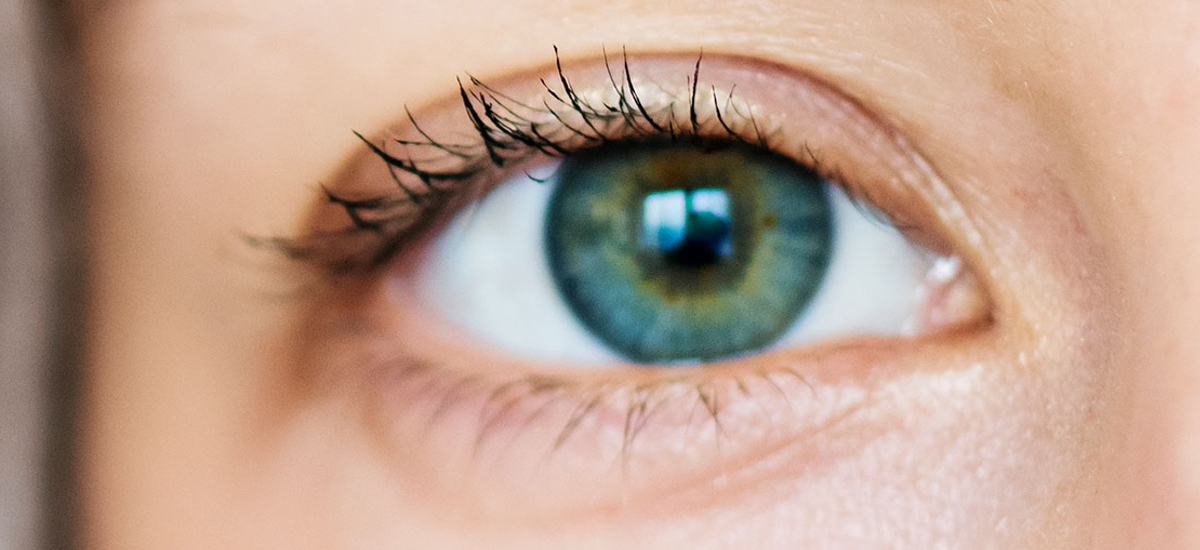Is Bad Eyesight Genetic?

The definition of “poor eyesight” may vary from person to person. Some people may call it anything below 20/20 vision (which is considered average), while others may say it’s anything requiring prescription glasses.
Many factors can contribute to poor eyesight, including your environment and lifestyle. But is bad eyesight genetic, too? Let’s discuss.
Is bad eyesight genetic?
The answer to, ‘Is bad eyesight genetic?’, is not as simple as it seems. Many eye conditions that affect your vision are hereditary, so it’s safe to say that you can inherit bad eyesight. However, the causes of the poor eyesight are what you need to look at–not the poor eyesight itself.
What causes bad eyesight? Here are some conditions that have been found to run in families:
Astigmatism
One of the most common refractive errors, astigmatism can cause blurry vision in adults and children. It happens due to an abnormal corneal form or eye lens, which can keep light from concentrating on the retina. Astigmatism may also be genetic and can emerge as early as infancy.
Farsightedness
This refractive error, also known as hyperopia, can come with issues viewing items up close. The shapes of your eye and cornea play roles in farsightedness, as does having a family history of the condition. Specific lifestyle choices may also increase your odds of becoming farsighted.
Glaucoma
A primary reason behind vision loss in Americans, glaucoma is an eye disease characterized by harm to the optic nerve. Having too much pressure within the eye is the usual culprit. If you have family members with glaucoma or use medications that elevate your eye pressure, you may have a higher chance of getting the condition.
Macular Degeneration
Your age, environment, and heritage may play roles in whether you get macular degeneration, an eye disease with a high risk for blindness. According to the American Optometric Association (AOA), having macular degeneration in your family may make you more likely to have vision issues after age 40.
Nearsightedness
Also called myopia, nearsightedness is a refractive error that can make it challenging to see things in the distance. Nearsightedness develops when your eye is lengthier than average or when your cornea has too much of a curve. Environmental factors, such as overextending your near vision, and having nearsighted parents may put you at risk for nearsightedness.
Retinitis Pigmentosa
Retinitis pigmentosa symptoms can emerge in kids, with the primary symptoms being trouble seeing at night or a gradual decrease in peripheral vision. Over time, it can lead to complete vision loss. Having a family history of this condition can improve your odds of getting it.
Strabismus
Strabismus (or crossed eyes) means that neither of your eyes can focus on the same visual simultaneously. Farsighted people or those with inadequate control over their eye muscles may have a higher probability of becoming cross-eyed. Genetics may also contribute to this condition.
Summary: Is bad eyesight inherited?
Bad eyesight is inherited in many cases. However, your environment and lifestyle can also influence your vision. Beyond poor eyesight itself, it’s important to examine the causes behind it.
Here are some eye conditions that may be hereditary and can affect your vision over time:
- Astigmatism
- Farsightedness
- Glaucoma
- Macular degeneration
- Nearsightedness
- Retinitis pigmentosa
- Strabismus
Some of these conditions can worsen as time goes on, while others may improve with the right treatment. To learn how to improve your eyesight, we recommend consulting an eye doctor. A comprehensive eye exam is a primary step toward figuring out what problems you are at risk of and what can be done to correct them.
Book your eye exam at For Eyes
Have you had your annual comprehensive eye exam? Schedule an appointment with an Independent Doctor of Optometry at your local For Eyes.








